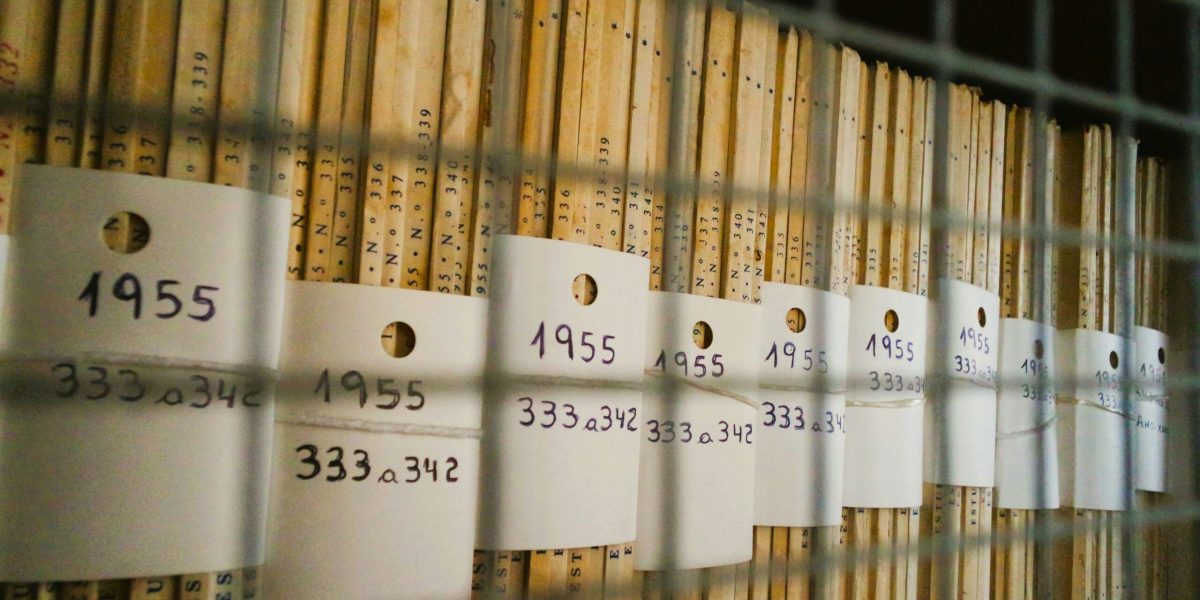Memory and Digital Archives (RIMA Certificate Course)

Faculty:
This course invites participants to explore the power of archives in the digital age. Designed for anyone curious about memory, storytelling, and preserving digital heritage, it offers a hands-on introduction to the world of digital archives.
We’ll begin with the basics: what archives are, how they’re built and organised, and why they’re more than just collections of “old stuff”. Archives can shape identities, tell hidden stories, and even challenge systems of power. We’ll look at a wide range of examples, from personal memory collections and community-driven archives to digital repositories of media, art, and culture.
Throughout the course, we’ll focus on digital archives: how they’re created, curated, shared, and preserved. What does it mean to digitize heritage and memory? How do we make archives more accessible, participatory, and inclusive in online spaces? How can digital tools help us tell stories that might otherwise be forgotten?
Alongside practical work, participants will read and discuss key publications on critical digital archiving and memory studies. Expect to read about 20 pages per week from selected articles and book chapters that explore the ethics, politics, and possibilities of digital memory work.
Participants will be introduced to creative, critical, and practical approaches to working with archival material, especially in online environments. No prior background in archival studies is needed, just curiosity and a willingness to explore.
The course will also feature examples and insights from the Russian Independent Media Archive (RIMA) project, which preserves materials from independent media. You’ll learn how digital archives like RIMA are built and why they matter.
The final project challenges you to create your own digital archival project. You’ll leave the course with foundational skills in digital archiving, a pet-project of your own, and a new way of seeing memory in the digital world.
Guidelines for the Statement of Purpose:
Craft a reflective statement of purpose explaining your interest in the Smolny Beyond Borders online course. The file should be saved with your name and course title as the filename and uploaded accordingly. Your statement’s clarity and substance will significantly influence our selection. Convey your motivations and aspirations for this course succinctly but thoroughly. Kindly write your statement in the course’s Language of Instruction.